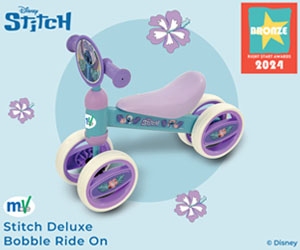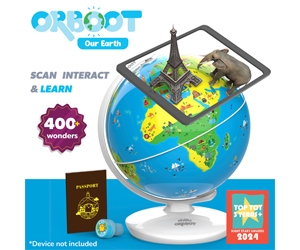Picnic perfect!
Published
It’s the picnic season once more and we’re all packing our sandwiches and heading out for summer fun. But how do you keep picnics and packed lunches fresh and eco-friendly in the warmer weather? SuperBee, a company specialising in eco-products and eco-living, has some useful advice.

Founder of SuperBee, Antoinette Jackson, says: ‘Our study shows that small, eco-friendly changes in daily routines can significantly improve the freshness of our food while reducing waste. Here are their top tips:
- Use reusable containers Invest in high-quality, leakproof and airtight containers made of materials like stainless steel. These will keep your food fresh and reduce your dependence on single-use plastic bags or wraps.
- Opt for washable fabric bags Choose reusable, washable fabric bags or beeswax wraps for sandwiches and snacks. These eco-friendly alternatives to plastic bags can be cleaned and reused multiple times.
- Separate wet and dry ingredients To prevent sogginess, pack wet ingredients (dressings, sauces, pickles etc) separately in small, leakproof containers. Mix them with the rest of the food just before eating.
- Keep cold items cold Use insulated lunch bags or boxes and ice packs to maintain the temperature of cold foods like salads or yogurt.
- Use compartmentalised containers These containers have separate sections to keep different food items from mixing, ensuring they remain fresh and appetising.
- Invest in a reusable water bottle Avoid single-use plastic bottles by using a reusable water bottle made of stainless steel, glass,or BPA-free plastic.
- Choose reusable cutlery Pack reusable cutlery made of bamboo, stainless steel, or BPA-free plastic instead of disposable ones. Also, consider carrying a reusable cloth napkin.
- Pack sturdy fruits and vegetables Go for fruits and vegetables that are less prone to bruising or wilting, such as apples, carrots, or bell peppers.
- Prepare perishable foods properly Wash fruits and vegetables thoroughly and store them in airtight containers. Cooked foods should be cooled completely before packing to prevent bacterial growth.
- Opt for bulk purchases and homemade snacks Buy food items like nuts, seeds, and dried fruits in bulk to reduce packaging waste. Prepare homemade snacks, like granola bars or hummus, and store them in reusable containers.
Visit SuperBee.me
Previous
Lost generation
Next
Burning issues






